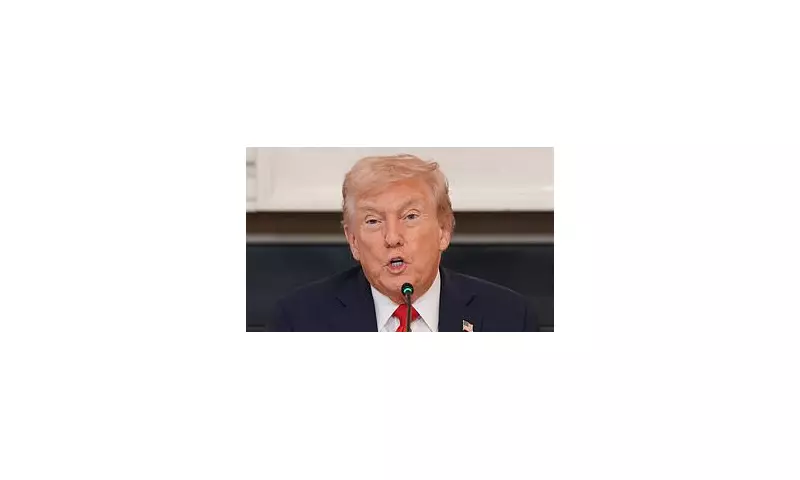
Washington stands on the brink of a major governmental crisis as tens of thousands of IRS employees face being furloughed without pay if politicians fail to reach a budget agreement. The potential shutdown threatens to paralyse critical services and disrupt the lives of federal workers across America.
The Looming Threat to Federal Workers
Internal documents reveal that approximately 60,000 IRS staff could be sent home indefinitely if Congress cannot break the political impasse over government funding. This represents nearly two-thirds of the agency's workforce, raising serious concerns about the continuity of essential services.
The situation has created widespread anxiety among federal employees, many of whom live paycheck to paycheck and cannot afford extended periods without income. "We're watching our savings disappear while politicians play games with our livelihoods," one anonymous IRS employee told reporters.
Political Stalemate Reaches Breaking Point
The deadlock centres around former President Donald Trump's influence over Republican lawmakers, with his allies pushing for dramatic spending cuts that Democrats have labelled "unworkable." This political brinksmanship has become a recurring pattern in Washington, with federal workers often bearing the brunt of the consequences.
White House officials have warned that a shutdown would have "devastating consequences" for the American economy, potentially delaying tax refunds, hampering enforcement efforts, and creating massive backlogs that could take months to clear.
Historical Precedent and Economic Impact
This isn't the first time the US government has faced such a crisis. The 2018-2019 shutdown lasted 35 days—the longest in American history—costing the economy an estimated $11 billion, according to Congressional Budget Office figures.
Economists warn that another extended shutdown could push the fragile post-pandemic recovery into reverse, affecting everything from small business loans to economic data collection that guides Federal Reserve policy decisions.
What Happens Next?
With the deadline rapidly approaching, both sides remain entrenched in their positions. Negotiations continue behind closed doors, but sources indicate little progress has been made. The coming days will prove critical for millions of Americans who depend on government services—and for the thousands of workers facing financial uncertainty.
As one senior administration official put it: "We're racing against the clock, and right now, time isn't on our side."





